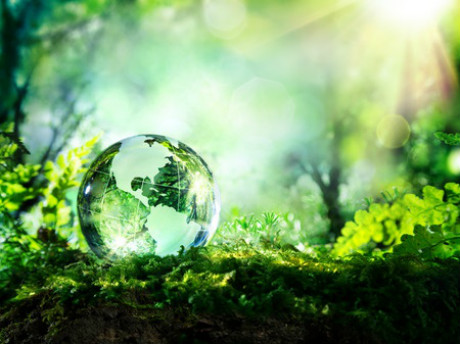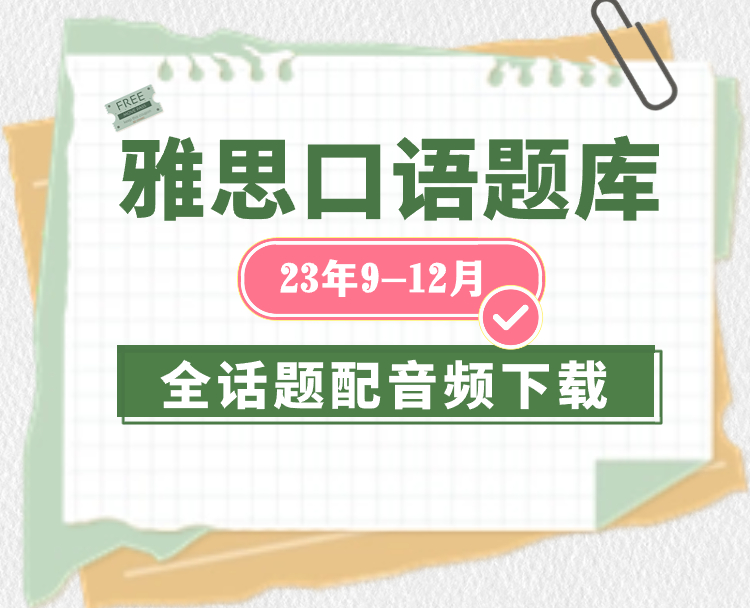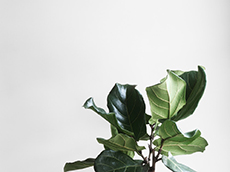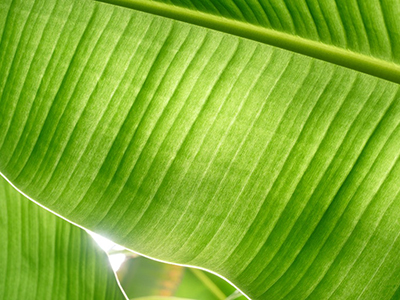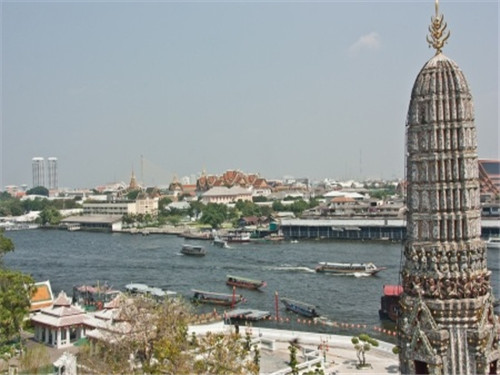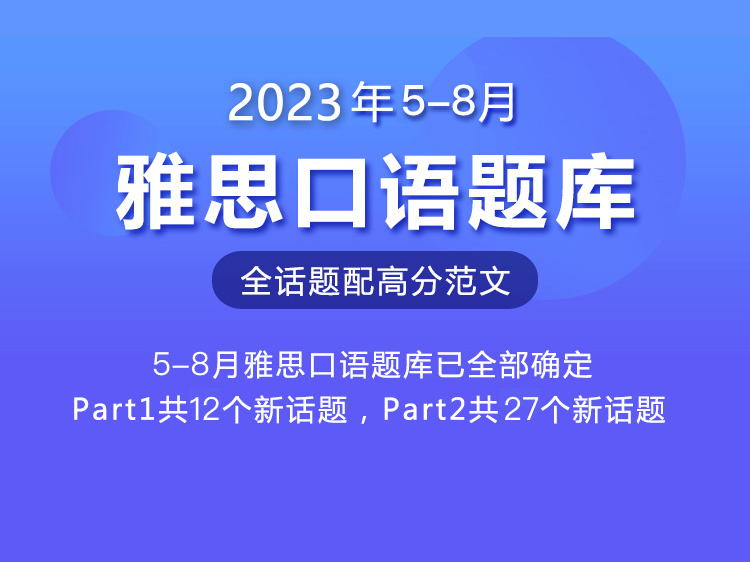雅思课外读物--can single-use plastic bag ban save the environment?
- 2016年04月15日16:29 来源:小站整理
- 参与(2) 阅读(20511)
这篇雅思阅读素材是要跟大家分享关于“环保类”的话题。禁止使用一次性购物塑料袋(single-use plastic-shopping bag ban)本意是提升环境质量,减少垃圾,改善城市景观。然而,此令一出,城市垃圾场中可多次使用的塑料袋(reusable plastic bag)激增,给垃圾处理带来了更大的问题。看来,环保还真是个系统工程,好心(good intentions)不一定得好报。
When the city council in Austin, Texas,passed a single-use plastic-shopping-bag(一次性塑料购物袋) ban in 2013, it assumed environmental benefits would follow. The calculation was reasonable enough(这算盘打得相当合理):Fewer single-use bags in circulation(流通) would meanless waste at city landfills(垃圾堆,垃圾场).
Two years later, an assessment(评估)commissioned by the city finds that the ban is having an unintended effect: People are now throwing away heavy-duty(耐用的) reusable plastic bags at an unprecedented(前所未有的)rate. Thecity’s good intentions have proven all too vulnerable(易受攻击的,易受伤害的) to the laws of supply and demand.(该城市的良好愿望在供求法则面前完全不堪一击。)
What’s true for Austin is likely true elsewhere. Plastic-bagbans are one of America’s most popular environmental measures of recent years:Since San Francisco became the first U.S. city to implement(实施)a ban in 2007, more than 100 other U.S.cities, including Chicago,have joined the cause. While it’s been relatively easy to rally(召集,聚集)consensus(一致意见)around these bans, however, it’s been far harder to achieve significant results. (虽然围绕这些禁令相当容易就达成了一致意见,但要取得实质性效果却难多了。)
Part of the problem is that — despite the world-saving rhetoric(说辞,说法) that typically promotes and supports plastic-bag bans — plastic bags simply aren’t that big of a problem. (尽管推广和支持塑料袋禁令时都在说什么拯救世界云云,但塑料袋根本就不是一个什么大问题。)According to the national data recorded by the Environmental Protection Agency in 2013, the weight of single-use plastic shopping bags amounted to around 0.28 percent of the total municipal(市政的)solid waste that Americans generate(生产,制造). A more finely tuned litter survey in Fort Worth, Texas (reported in the Austin assessment), found that just 0.12 percent of the weight of litter in the city (which does not have a ban) comes from single-use bags.
Nonetheless, as proponents(支持者) of bag bans rightly point out, weight isn’t the only measure of environmental impact. Single-use plastic bags pose outsized(大号的,特别大的) problems in the form of visual pollution on the landscape(景观) — South Africans joke that plastic bags are their“national flower,” due to their propensity(倾向)to hang on branches — and damage and delays at high-tech recycling centers. (Reusable bags usually aren’t eligible for(合适的,有资格的) recycling, but when they end up at centers by mistake, they often wrap around and jam moving equipment.) Single-use bagscan also pose health hazards(危害) to wildlife and livestock(牲畜);during a recent trip to Dubai, United Arab Emirates, I heard a plastic recycler lament(哀叹,抱怨) that ranched(在牧场饲养的) camels frequently die from ingesting theplastic bags that are constantly catching flight in the desert wind — and even when they do wind up at landfills, they take centuries to decompose(分解,腐烂).
There’s little doubt that targeted bans can mitigate(中和,减轻) these kinds of effects by cutting down onthe use of reusable bags(唐老雅感觉此处疑为single-use bags 之误!) in the first place. In Austin, for example, a post-ban survey found that single-use plastic bags accounted for only 0.03 percent of the total litter collected in the city in 2015. Assuming(如果,假定)the pre-ban rate was closer to the 0.12 percent in nearby Fort Worth, that marks a roughly 75 percent reduction of single-use plastic bags in Austin’s landfills.
But, as the Austin assessment pointedly notes, reducing the use of a product that’s harmful to the environment is no guarantee of a positive environmental outcome.(…… 减少使用某种对环境有害的产品不能确保给环境带来积极的结果)Among the main environmental benefits of Austin’s ban was supposed to be a reduction in the amount of energy and raw materials used to manufacture the bags. To that end(为此,为了那个目的), the city encouraged residents to instead use reusable bags. Those bags have larger carbon footprints, due to the greater energy required to produce their stronger plastics, but the city figured the overall impact would be lower, as consumers got acquainted with(熟悉,了解) the new, more durable product.
What the city didn’t foresee is that residents would start treating reusable bags like single-use bags. The volume of reusable plastic bags now turning up at the city’s recycling centers has become “nearly equivalent to(等于,相当于)the amount of all of the single-use bags removed from the recycling stream as a result of the ordinance(法令) implemented in2013,” according to the assessment. And those lightly used bags are landfill-bound(去往垃圾场), because recycling isn’t any more cost-effective for reusable plastic bags than for the single-use variety.
Some of these issues could be addressed(解决)through the increased use of reusable canvas bags. But canvas is even more carbon intensive to produce than plastic; studies suggest consumers would need to use a single canvas bag around 130 times before they start achieving any net environmental benefit as compared with a single-use plastic bag. (研究表明,与一次性塑料袋相比,消费者要使用一个帆布袋达130次左右才开始产生环保净效用。) And, for some consumers, the higher price for canvas bags may be prohibitive(价格过高的;禁止的), in any case.


